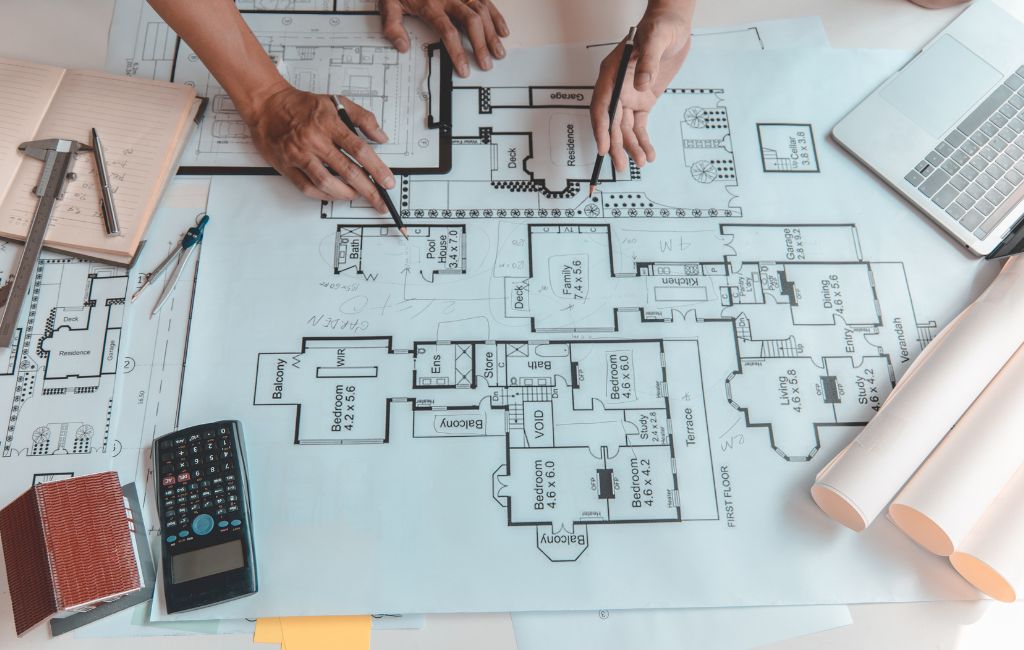Architect Solutions

Architect Solutions: Designing Your Dream
Creating a dream space is an exciting journey that combines creativity, functionality, and personal expression. Whether it’s a home, office, or public building, the design process involves a series of thoughtful decisions that shape the final outcome. This article explores the various aspects of architectural solutions that can help turn your vision into reality.
Understanding Your Vision
Before diving into the design process, it’s important to have a clear understanding of your vision. This involves identifying the purpose of the space, the desired aesthetic, and any specific needs or preferences. A well-defined vision serves as a guiding light throughout the project.
Defining Purpose and Functionality
Every space serves a purpose, and understanding this is key to effective design. Consider the following:
- Residential spaces may prioritize comfort and family interaction.
- Commercial spaces often focus on efficiency and customer experience.
- Public buildings might emphasize accessibility and community engagement.
Exploring Aesthetic Preferences
Aesthetic preferences play a significant role in shaping the atmosphere of a space. Whether you lean towards modern minimalism, classic elegance, or eclectic charm, your style will influence material choices, color schemes, and overall design elements.
Collaborating with Professionals
Working with architects and designers can bring your vision to life with expertise and creativity. These professionals offer valuable insights and technical knowledge that enhance the design process.
The Role of Architects
Architects are trained to balance form and function, ensuring that spaces are both beautiful and practical. They consider factors such as structural integrity, environmental impact, and local regulations.
Engaging Interior Designers
Interior designers focus on the finer details of a space, including furniture, lighting, and decor. Their expertise can transform a functional space into a personalized haven that reflects your unique style.
Incorporating Sustainable Practices
Sustainability is an increasingly important aspect of modern architecture. Incorporating eco-friendly practices not only benefits the environment but can also enhance the quality and longevity of a space.
Green Building Materials
Choosing sustainable materials is a key step in creating an eco-friendly space. Options include:
- Recycled or reclaimed wood
- Bamboo flooring
- Low-VOC paints
Energy Efficiency
Designing for energy efficiency can significantly reduce a building’s carbon footprint. Considerations include:
- Installing solar panels
- Utilizing natural light
- Incorporating energy-efficient appliances
Case Studies: Successful Architectural Solutions
Examining successful projects can provide inspiration and insight into effective design strategies. Here are a few notable examples:
The Edge, Amsterdam
The Edge is a prime example of sustainable architecture. This office building is known for its energy efficiency, utilizing smart technology to optimize lighting, heating, and cooling. The design prioritizes natural light and incorporates green spaces to enhance employee well-being.
Fallingwater, Pennsylvania
Designed by Frank Lloyd Wright, Fallingwater is a masterpiece of organic architecture. The house seamlessly integrates with its natural surroundings, using local materials and innovative design to create a harmonious living space.
Embracing Technology in Design
Technology plays a pivotal role in modern architecture, offering new tools and possibilities for design and construction.
Building Information Modeling (BIM)
BIM is a digital representation of a building’s physical and functional characteristics. It allows architects to create detailed 3D models, improving collaboration and reducing errors during construction.
Virtual Reality (VR) in Design
VR technology enables clients to experience a space before it’s built. This immersive tool helps in visualizing design concepts and making informed decisions about layout and aesthetics.
Conclusion
Designing your dream space is a multifaceted process that involves understanding your vision, collaborating with professionals, and embracing sustainable practices. By exploring successful case studies and leveraging technology, you can create a space that is both functional and inspiring. Whether it’s a cozy home or a cutting-edge office, the right architectural solutions can turn your dream into reality.